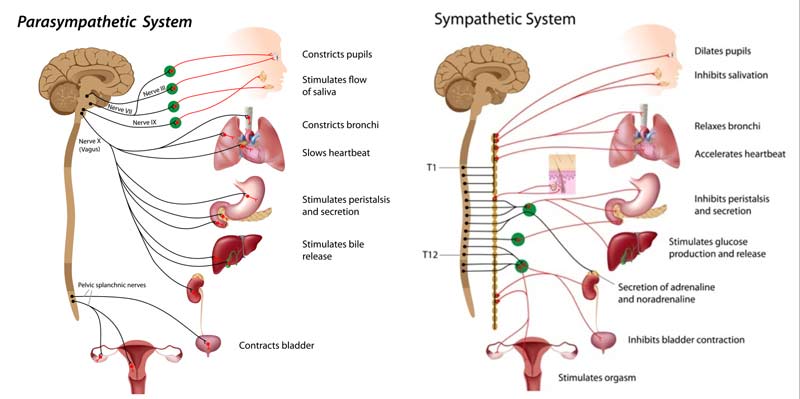Richard Davidson, a neuroscientist researching the effect of meditation on the brain*, reports that in the state of open attention, non-directed awareness, there was diminished activity in an area of the brain that normally assigns emotional value, the orbitofrontal cortex. The results were consistent in all 6 of the adepts that were being studied. It seems that the practice of open presence could be a way to train ourselves out of the need to associate immediately a positive or negative assessment to a thought, sounds, the range of sensory experiences–to condition the mind away from immediate judgments. Evolutionarily, the habit of rapid association of value with experiences once could have been very important for human survival. Today, it seems almost the opposite: most of the situations in which we find ourselves would be better served by greater perspective, not snap judgments.
During the practices that are designed to generate compassion, there was a huge increase in the left-side activity in prefrontal regions which is associated with an increased level of positive emotion. Aside from what it might do for others, the practice of generating compassion might truly benefit the practitioner as much or more!
Both these results imply that meditation–practicing choice in how we use our attention–seems to be able to have an impact on the workings of our brains. Though it can seem that we have little choice in where our minds go, it turns out that the mind is actually more like a muscle. It is being conditioned through activity. While the capacity to be conditioned may be hardwired, this research shows that we can have an impact on it: with practice, we can direct the conditioning of our minds. Could this practice be just as important for our health as a well-conditioned cardiovascular system?
*Resource: The Dalai Lama at MIT (These are conference proceedings from the 2003 meeting between the Dalai Lama, Buddhist monks and scholars and Western scientists) 2006







